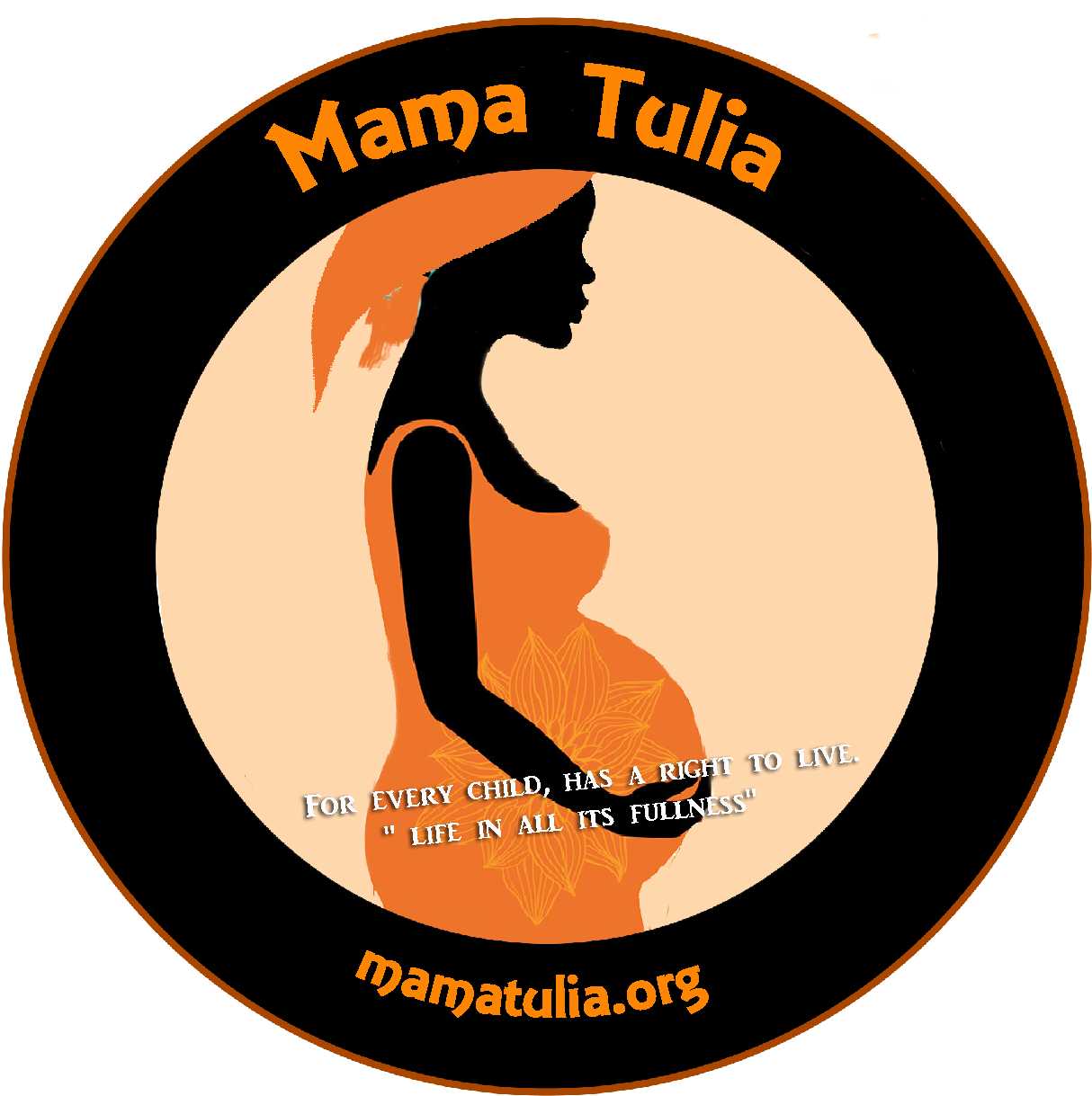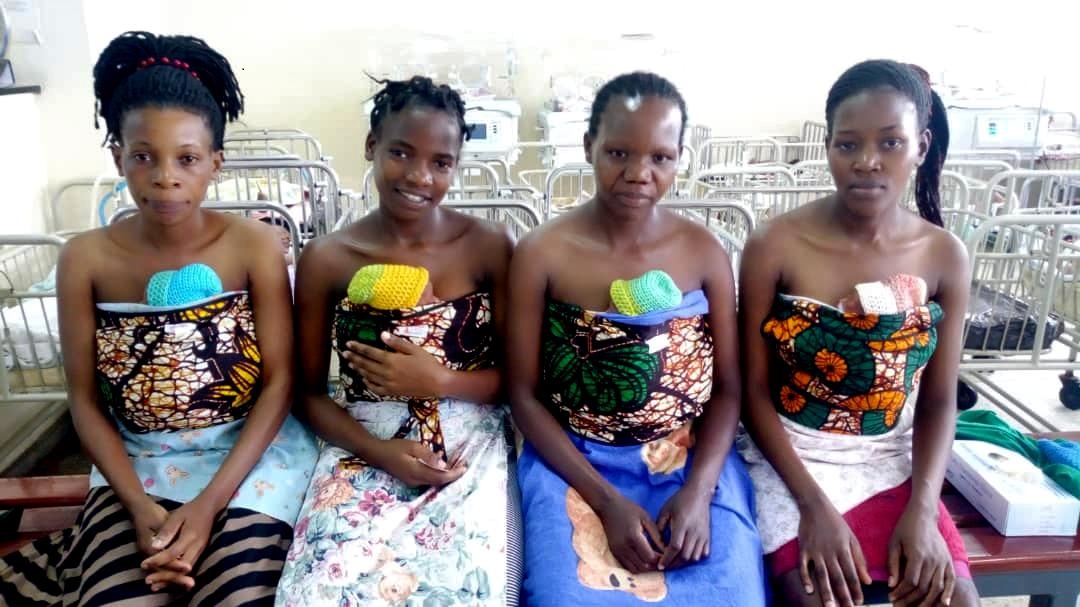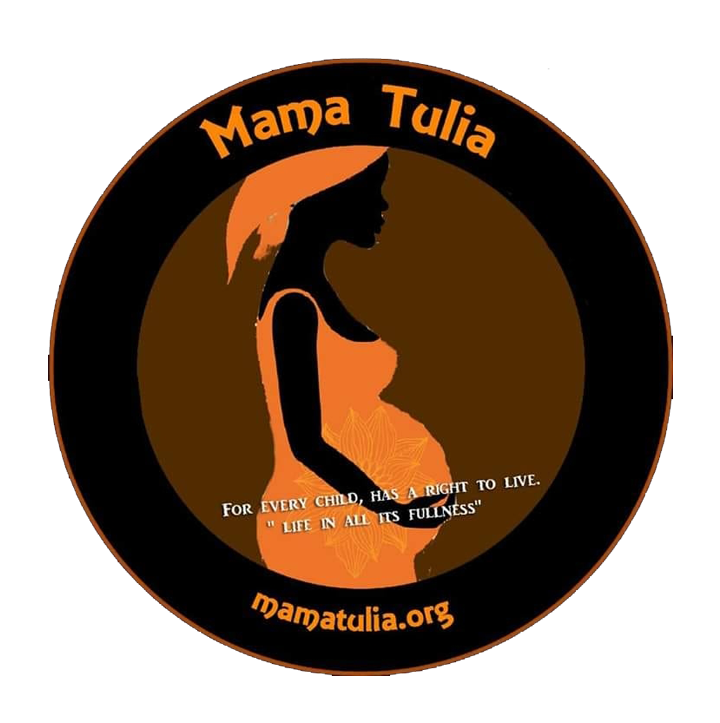It is a very special and joyous moment as a baby meets his or her parents and the world for the first time. Most babies are placed straight into the arms of their excited mothers who are eager to hold them, but premature babies never get that chance. They don’t get that warm welcome like other babies do. Premature babies are rather rushed into incubators and put on life support. Sadly, many never make it out. Those babies never get to see their mothers smile or hear their beautiful voices as they sing them to sleep. Data from the Ministry of Health shows that prematurity is responsible for 31% of Uganda’s neonatal deaths. According to the World Health Organization, Uganda ranks 11th out of 184 countries for the number of deaths due to complications from preterm birth. This ranking is caused because of the rapidly increasing number of preterm births and shortage of incubators compared to the number of premature babies. Due to this, the government is now prioritizing Kangaroo Care as part of its effort to decrease these numbers.
Kangaroo Care
Kangaroo Care, also known as Skin to Skin contact, is a newborn care technique where the infants are vertically wrapped skin to skin to the chest of the mother, father or care giver. Kangaroo Care is considered a natural incubator and it has substantially contributed to the decrease of neonatal mortality.
Kangaroo Care protects the baby from infections, hypothermia, regulating the infant’s temperature, improving weight gain, breathing and brain activity of the baby, longer breastfeeding sessions and encouraging mother/father baby bonding. While Kangaroo Care aims at saving preterm babies, it also benefits the parents. It reduces the mother’s stress, helps the mother to make more breast milk, and be able to breastfeed for longer durations. Mothers practicing Kangaroo Care also show more confidence in caring for their babies.
The beauty of Kangaroo Care is that it doesn’t rely on expensive machines, incubators, electricity, power supplies, and there is no need for spare parts or maintenance. It is low cost and low-tech compared to an incubator and in most cases free. It is a simpler process that only requires a clean mother, a room, a place to sit or to lie, and a clean wrap.
Though Kangaroo Care has been proven to save lives and improve child development, it is still a challenging exercise. Practicing Kangaroo Care can be difficult for mothers or whoever is doing it because it has to be done for long hours and involves pain, fatigue, and physical discomfort. It is also very difficult to maintain the proper position for the premature baby. Kangaroo Care takes persistence and determination, but through this skin to skin contact success is possible for both the mother and the preterm baby.
While Kangaroo Care is most often only practiced during the hospital stay, it should also be encouraged once the preterm is brought home. Kangaroo Care is a life saving practice that could continue to be beneficial even at home.
There is no moment quite as special as the arrival of a new born baby. For preterm babies the first minutes, hours, days, and weeks after the birth are crucial. During this time, what shouldn’t be crucial is the decision to try Kangaroo Care. This care is not only cost effective, but it is proven to reduce deaths in preterm babies. Kangaroo Care increases the chance for the mother and baby to make their first special moment last a lifetime.


